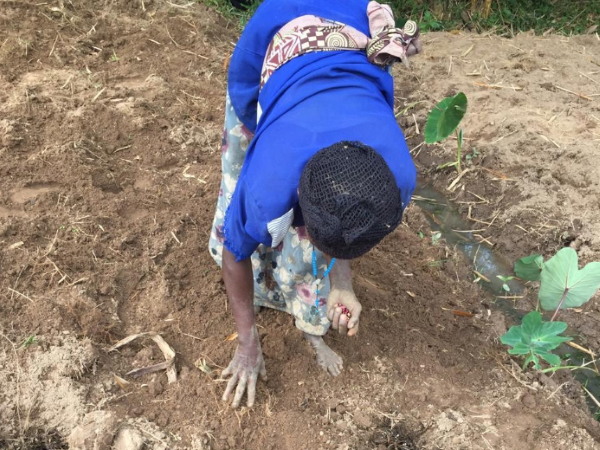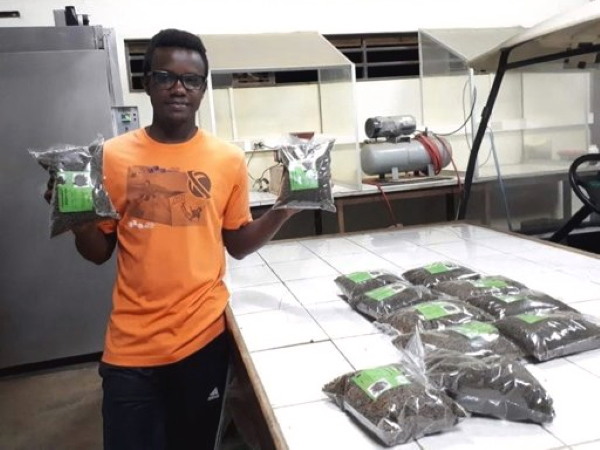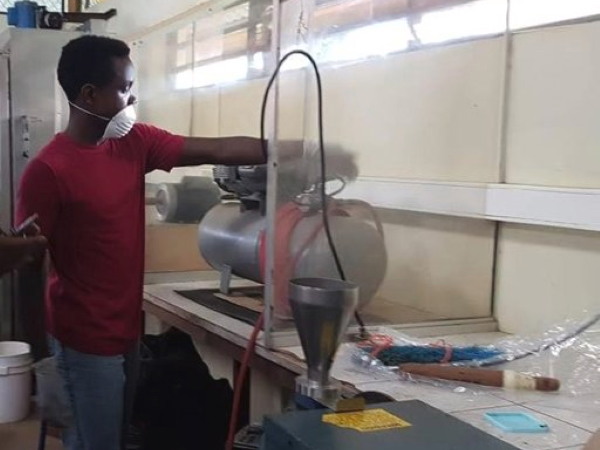A group of five college students from Ashesi University in Ghana, EARTH University in Costa Rica and the Trinity College in the United States have created a new way for rural farmers to access affordable and environmentally friendly fertilizer.
They came together as a team for Wege Prize, an annual design competition held by Kendall College of Art and Design of Ferris State University (KCAD) in the United States. This competition challenges university students from around the world to create new products, services and business concepts, contributing to a circular economy.

The team, Pellet, won third place and a $5,000 prize by upcycling waste from restaurants and residences into organic fertilizer pellets that promote soil health, increase crop yield and negate detrimental environmental impacts – at a 35% lower cost to farmers. Their prototype was tried at EARTH University, where the students achieved 50% bigger yield on a maize crop with their organic fertilizer, versus a crop fed with imported, synthetic fertilizer. At the moment, trials are underway in Rwanda.

Greenhouse
The Pellet product is also applicable for greenhouses, however not for every system. The team does not recommend using the fertilizer in a hydroponic system. But other systems like small, raised beds are perfectly suitable. The product does work for the long term and releases its nutrients slowly, so for plants with a short life cycle, less than three months, it may not be as effective.

Interest
The Pellet team receives interest and acclaim for working on a solution for interconnected social and health problems, including the lack of proper waste disposal in major cities as Kigali, as well as the groundwater contamination and global warming dangers of synthetic fertilizers. They aim to export their product across Sub-Saharan Africa, and after that even wider around the world.
For more information:
Kyle Austin, Wege Prize
[email protected]
